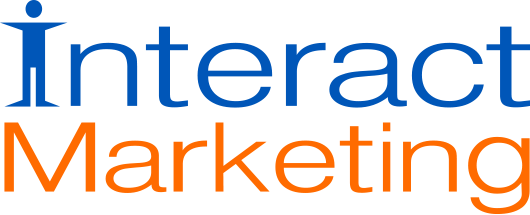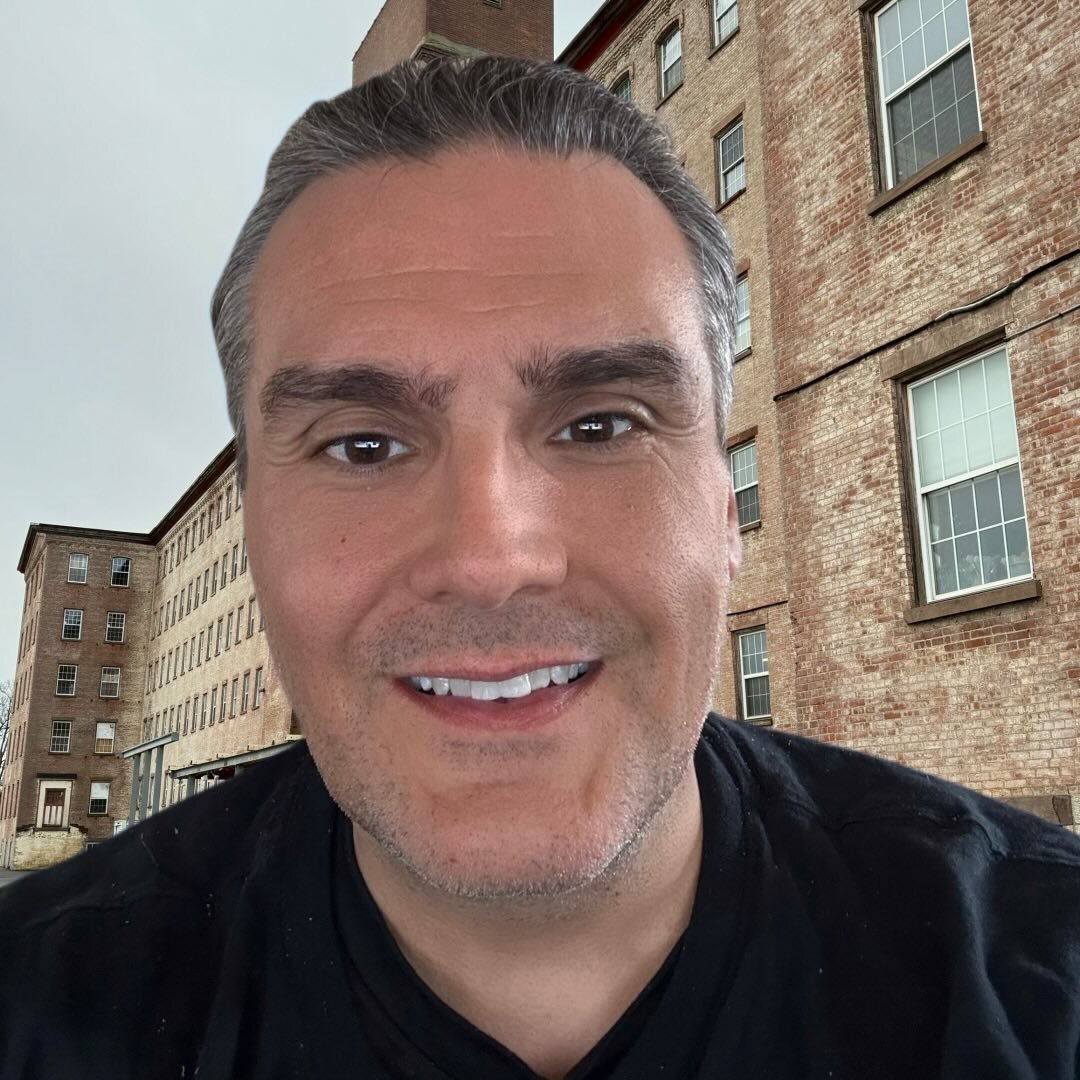Last week’s presidential debate had a lot of people talking about winners and losers. One of the biggest winners in terms of marketing was Big Bird or more accurately PBS. After Mitt Romney addressed spending cuts that would affect PBS and the big yellow bird, people latched onto the thought of loosing such an influential character from their childhood and responded with mixed emotions.
In response to this sudden attention, PBS did an excellent job newsjacking the story and turning it into a positive marketing opportunity for the non-profit via social media. Now that the dust has settled, social media marketers can take away a few important lessons.
- Choose Your Platform: In the wake of Mitt Romney’s comments, the majority of real time discussion and comments occurred on Twitter. PBS was able to recognize this as the best channel to use, and took advantage very quickly. Acknowledging the meme, @sesamestreet sent out a tweet from Big Bird asking if he had missed anything, as well as a nonpartisan response later on focusing on support. More importantly, as reported by Mashable, PBS made an ad buy for the phrase “Big Bird” on Twitter, which brings us to the second lesson.
- Invest in Social Media: Once PBS had an opportunity to be part of a larger dialogue in a national news story, they made a decision to invest in Twitter advertising, a fairly new development on the social network. This kind of forward thinking, and real time reaction is exactly what many brands and businesses need to embrace as they move their social media campaigns forward. PBS made sure to take control of the dialogue that was already occurring, and gave users a place to channel their discussions.
- Produce Quality Content: A case could be made that the content PBS chose to promote in light of these comments was the most important part of the equation. The tweet that was promoted read, “PBS is trusted, valued and essential. See why at valuepbs.org. (please retweet!).” This tweet appeared whenever users searched “big bird” and directed them to an educational website about why PBS is such a valuable organization. It was also retweeted over 9,000 times as of October 11th. Full of statistics, graphics, and readable information, PBS was able to inform users in an enjoyable and shareable way. As of October 11th, the site had already been shared over 10,000 times on Twitter.
Proving you’re never too old to learn from Big Bird, PBS did an excellent job creating awareness and spreading their message through a larger dialogue and social media. Businesses large and small can learn a lot from the way this event was handled with calm diplomacy by the non-profit. Furthermore, PBS clearly understands the power behind social media as well as the influence it holds and was willing to invest in that. The continued discussion about PBS and Big Bird a week later shows that with the proper support, social media can be a workhorse for any organization.
Sources: Mashable, Hubspot, CBS and PBS.
This article is an original contribution by Christina Sirabian.
Find out how you can become a part of Business 2 Community.


